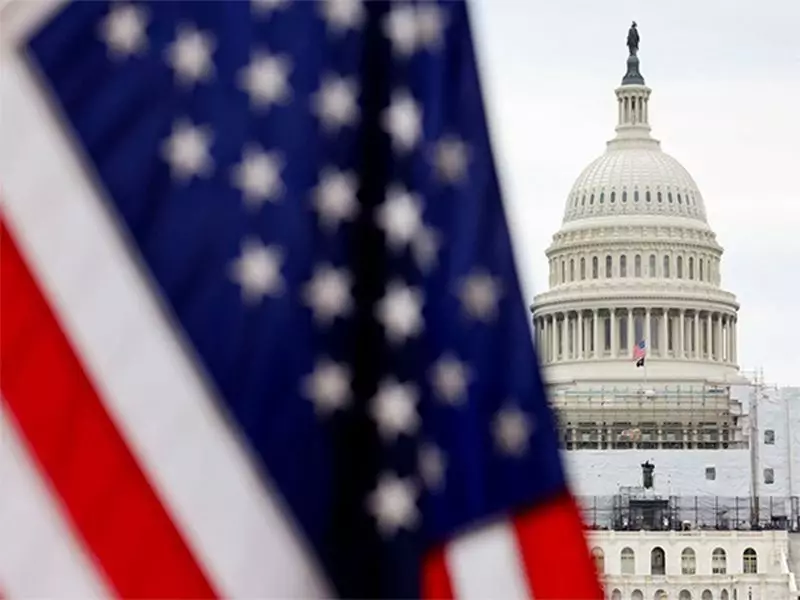
In a significant political development, the United States Congress has successfully passed a crucial funding bill that brings an end to the longest government shutdown in the country's history. The record-breaking shutdown had paralyzed federal operations for 43 consecutive days, affecting millions of Americans and government workers.
Breaking the Impasse: Bipartisan Agreement Reached
The breakthrough came after intense negotiations between Republican and Democratic lawmakers who finally reached a temporary compromise. The funding bill, which received approval from both the House of Representatives and the Senate, will reopen the federal government while providing three weeks of funding until February 15.
President Donald Trump has confirmed that he will sign the spending bill from the Oval Office, marking a temporary truce in the bitter political standoff that had dominated Washington politics since December 22, 2018. The shutdown had become the longest in US history, surpassing the previous record of 21 days set during the Clinton administration in 1995-1996.
Impact on Federal Workers and Services
The extended shutdown had severe consequences across the nation, with approximately 800,000 federal employees either working without pay or being furloughed. Many of these workers faced significant financial hardship, struggling to pay bills and cover basic living expenses during the holiday season and into the new year.
Critical government services experienced major disruptions, including airport security operations where Transportation Security Administration agents called in sick in growing numbers. National parks suffered damage from unattended waste and vandalism, while tax refunds faced delays and food safety inspections were reduced.
The economic impact has been substantial, with estimates suggesting the shutdown cost the American economy billions of dollars and potentially slowing economic growth for the first quarter of 2019.
Border Security Debate Continues
While the funding bill temporarily resolves the immediate crisis, the underlying dispute over border security funding remains unresolved. The shutdown was triggered by President Trump's demand for $5.7 billion for a US-Mexico border wall, which Democratic lawmakers consistently refused to approve.
The three-week funding period creates a tight deadline for Congress to negotiate a broader immigration and border security agreement. President Trump has indicated that if a satisfactory deal isn't reached by February 15, he might declare a national emergency to build the wall without congressional approval or allow another shutdown to occur.
Democratic leaders have expressed cautious optimism about the temporary resolution but remain firm in their opposition to the border wall funding. The coming weeks are expected to feature intense negotiations as both parties work toward a more permanent solution to the border security impasse.
The end of the shutdown brings relief to federal workers who will now receive back pay for the duration of the closure. However, the temporary nature of the agreement means that the threat of another shutdown looms if lawmakers cannot bridge their differences on immigration policy and border security funding in the coming weeks.





